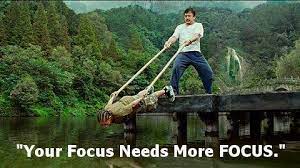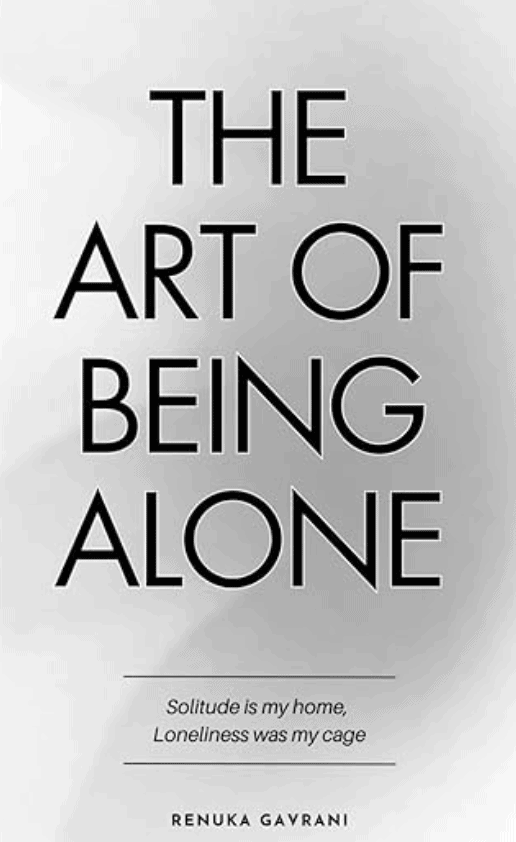My Story of Employee Theft
Do you trust your employees? You must, right? To some extent. Because they have keys to the office, or the store. Also, they have access to customer files, or the stockroom. Certainly, they know proprietary information about how your company does business. And you like to think you are a good boss. Understanding, and fair. So when bad employees happen to good entrepreneurs, it cuts deep. But it happens. I know, because it happened to me. My story of employee theft is like so many others – a cycle of trust and betrayal.
Because like the proverbial frog in a pot, I didn’t know I was being boiled. My trusted general manager slid from superstar to fraudster, and I didn’t even see it happening.
Employee Theft Facts
Sadly, this happens more than we think. According to the US Chamber of Commerce, 75% of employees admit stealing from their employer at least once. And this is bigger than some office supplies. Reportedly, the median loss for a company is $117K. For example, one family business lost $400K when their trusted bookkeeper spent 6 years funnelling money to herself. Clearly, this can be damaging, and in fact, up to 30% of business failures are linked to employee theft.
Surprisingly, this isn’t all front line staff sneaking home cash or stock, either. A study by The Association of Certified Fraud Examiners shows that 11% of employee theft comes from executives and upper management.
My story of Employee Theft
I’ll start at the beginning. I hired Chuck (not his real name) in the early years of building my last company.
From the start, I knew I wanted to expand and franchise my concept. So when it came time to delegate front line customer service and staff management tasks, Chuck was the obvious choice.
After all, he had been working out in the field and knew all the tactical details. Although he had no education or training to be a manager, the dedication was there. Initially, it worked well. I developed structures and processes. Then he executed and maintained them. I came up with branding initiatives and marketing strategies, and he managed the influx of customers. We worked together well to brainstorm and resolve the little fires that pop up in daily operations.
It was all so golden. Until it wasn’t.
Growth and Change
Skip ahead a few years. My company was now franchised to a few cities, and turnover had reached 7 figures. As a result, the head office team had grown. Chuck was still my key manager. And now there were more staff. To manage scheduling, supervise staff, and lead training.
Also, the business structures and systems had grown as well. Weekly reports monitored important KPIs tracking sales and service quality. Franchisees used software to log their monthly reports. Our team met regularly to review performance, resolve issues, and discuss opportunities to continuously improve productivity and effectiveness.
Seems like I was doing everything right, right? Later, when doing my MBA at Durham University, I did look back and reflect on business decisions I’d made. And I can honestly say that I made solid strategic decisions based on data and analysis.
But I did make one big mistake. Actually, two of them. I trusted Chuck. And I didn’t hold him to the same standards and expectations of every other employee.
Because the systems of checks and verifications that covered staff and franchisees didn’t include him. I didn’t see the need. I trusted him. We were friends. I thought he had my back, and that included doing his job well. But that gave him the opportunity to take advantage.
Seeing the Cracks
Company culture changes with growth, and time. With the team now 30+ people, Chuck and I didn’t work together with the same closeness. Truthfully, we were also both dealing with some personal family issues. So any shift in our relationship seemed to be about the deadlines of client contracts and stresses at home.
Then, Chuck needed to be a caregiver for a family member. I was understanding. Patient. When he spent the afternoon out for hospital appointments, he told me he was working on his laptop in the waiting room. He told me he was working evenings and weekends to cover everything. And I believed him. So he stayed on payroll, at his usual wages. Even though I didn’t see him for days at a time.
Honestly, I was seeing issues by this time. Small mistakes that never used to happen. And the lack of engagement and involvement in the business started to be a problem. A meeting would be carefully scheduled to accommodate his caregiving responsibilities. Only to be cancelled last minute because of a new hospital appointment.

Breaking Point
It was a difficult situation for me. Chuck was a friend, my trusted right-hand man. By this point, we had 10+ years of history. He was going through a terrible time. The stress and worry of a sick family member is a heavy burden. And there was always this promise that things were about to change. That after the next treatment, he’d be more available. Or starting next week, he’ll be at his desk every morning.
However, this wasn’t happening. Not long before the illness, Chuck had moved into a new position, to focus on franchise support. I was covering many of his tasks. And the business was feeling the pressure of paying out a decent salary for someone who wasn’t doing the work to earn it.
Then came the breaking point. Chuck’s own health hit a wall. Of course! After all, that level of stress over many months is going to have an impact.
Therefore, Chuck had a doctor’s note to go off on medical leave. He’d come off payroll, and get on government benefits.
The End
It was a huge shift, to have Chuck out of the picture. Calmer. Fewer unknowns. More control over the schedule and activities. Also, I learned a few things.
First, I learned that I could complete all his job responsibilities in about 10 hours a week, which made me question why I was paying him a full time salary.
Second, I learned that most of his time had been spent backfilling to complete the work of the person who sat at his old desk. Because this new manager wasn’t managing. Chuck was covering for him. And why? It was his son. Yes – another mistake. See #2 in the list below – never hire family members of existing employees.
Clearly, this was the end. Though my company was successful, we were not Amazon. We did not have the reserves to cover the full salary of someone who hardly worked. So after getting some good legal advice and putting together a fair package, I fired Chuck. His position was eliminated.
Then, Things Get Ugly
Ironically, Chuck’s fraud only came to light when he sued me for wrongful dismissal. Because that led to a full audit of his activities. And wow, that was illuminating. Banking hundreds of dollars a month in mileage when he didn’t have any out of office meetings. Scheduling his daughter for client service calls, doing them himself, and paying her anyway. And the list goes on. It was mostly time theft, padding paycheques, and misrepresentation.
It was a breach of trust. And it was theft. Once all this was presented to his lawyer, the suit was dropped.
Meanwhile, things got ugly. Chuck and his son were saying horrible things about me on social media and online. I received nasty and vaguely threatening messages from past employees. My company suddenly had many 1 star Google reviews from school friends of Chuck’s son. All fake reviews, because they were not customers. For more on that, read 5 Strategies for How to Handle Bad Reviews.
Eventually, all that settled down. Some more staffing changes streamlined operations. All the errors were fixed, and gaps were closed. The employee who replaced Chuck and his son was more efficient and accurate. Business continued, until the pandemic hit, which changed everything.

Project your business from employee theft
For specific strategies on how to protect your small business from employee theft, read this article.
Reflections
Overall, what did I learn from this experience? If I could roll back the clock and have a do-over, these are 4 things I’d do differently:
1. Keep a boundary between friendship and business
It’s ok to be friends with employees. But make clear that there is a line protecting the needs of the business. And that your personal relationship is separate from their performance as an employee.
2. Never hire the family of existing employees
Even when qualified. For a small business, it’s a big risk. In my case, a family illness impacted 3 people on staff, because they were all in the same family. The only exception would be if family members work in different departments, and not directly together.
3. Never trust self-reported data
Always verify information, even with senior level trusted staff. Basically, just don’t trust trust. Make sure there are mechanisms in place to confirm and verify.
4. Impose strict approval processes
Be sure that any financial transaction or purchase decision is within strict limits, or is personally approved by you.
My Story of Employee Theft Read More »







